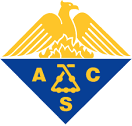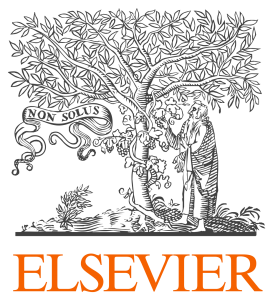
An investigation by Kyoto University in Japan has found a researcher guilty of falsifying all but one of the figures in a 2017 stem cell paper.
Yesterday, Kyoto University announced that the paper’s first author, Kohei Yamamizu, had fabricated and falsified data in the Stem Cell Reports paper. According to the investigation report, none of the other authors were involved in the data manipulation.
Yamamizu works at the Center for iPS cell Research and Application (CiRA) at Kyoto University, directed by Shinya Yamanaka, a Nobel Prize winner for his pioneering work in stem cell biology.
A spokesperson for the journal told us that the authors disclosed the problems last week and Stem Cell Reports will be retracting the paper, published last February.
In the university’s official statement, Yamanaka said: Continue reading Researcher at Japan stem cell institute falsified nearly all images in 2017 paper


 An emergency medicine journal has retracted a letter to the editor, saying it didn’t include the author’s relevant commercial interest—which the author says he tried to disclose when he submitted the paper.
An emergency medicine journal has retracted a letter to the editor, saying it didn’t include the author’s relevant commercial interest—which the author says he tried to disclose when he submitted the paper. 



